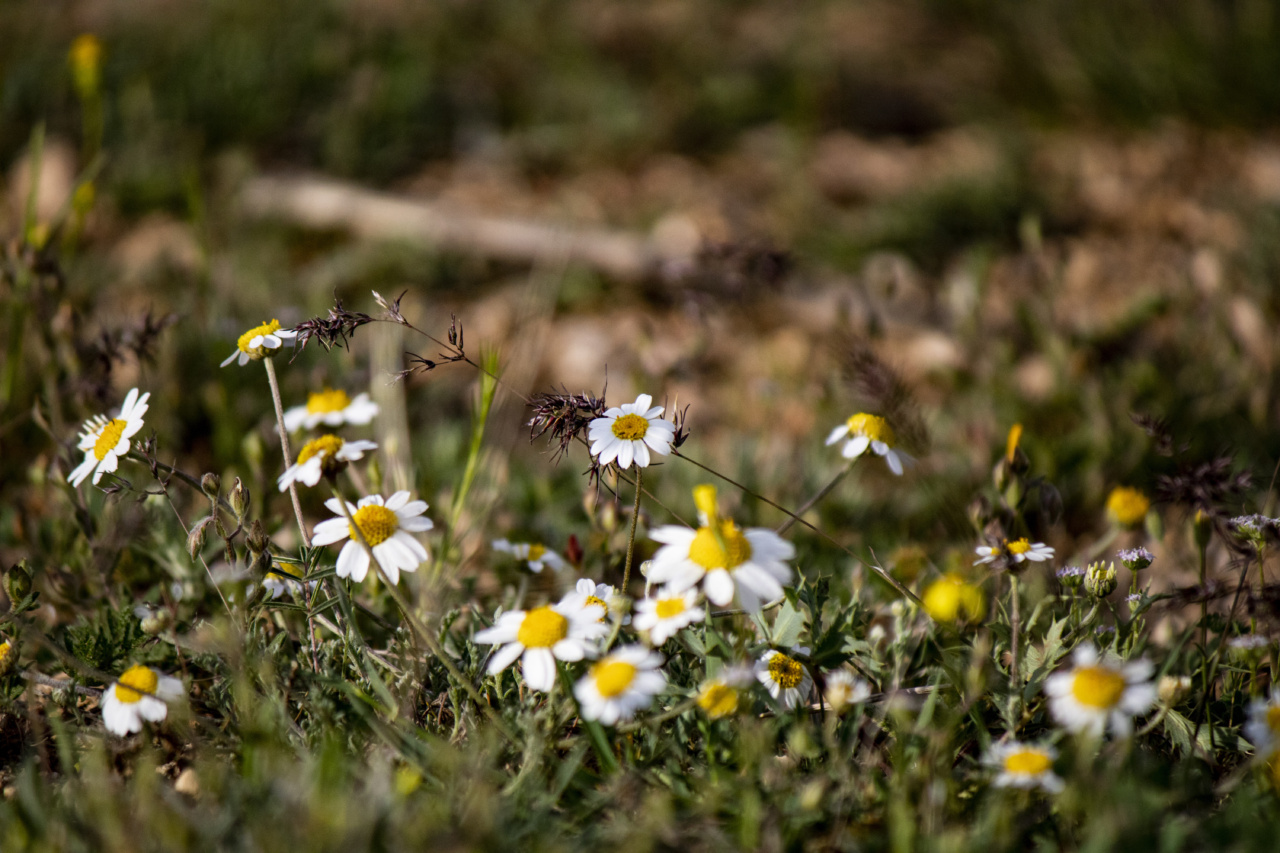Insomnia is a common sleep disorder that affects millions of people worldwide. It can have a significant impact on a person’s quality of life, leading to daytime fatigue, mood swings, and difficulty concentrating.
While there are various treatment options available, some individuals prefer a more natural approach. Here are ten herbs that can help combat insomnia and promote a restful night’s sleep.
1. Valerian Root
Valerian root is a herb that has been used for centuries to promote relaxation and sleep. It contains compounds that interact with the brain’s GABA receptors, helping to calm anxiety and quiet the mind.
Valerian root is commonly available as a supplement, tea, or tincture.
2. Chamomile
Chamomile is a popular herbal tea known for its calming properties. It contains apigenin, an antioxidant that binds to specific receptors in the brain, promoting sleepiness and reducing insomnia symptoms.
Enjoy a warm cup of chamomile tea before bed for a soothing effect.
3. Lavender
Lavender is well-known for its relaxing aroma, often used in essential oils and bath products. Research suggests that inhaling lavender oil can decrease blood pressure and heart rate, contributing to a more peaceful sleep.
You can also try adding a few drops of lavender oil to your pillow or bathwater for a calming effect.
4. Passionflower
Passionflower is a flowering plant that has been used traditionally to combat anxiety and insomnia. It contains compounds that boost the brain’s GABA levels, promoting feelings of relaxation.
Passionflower is commonly available as a supplement, tea, or tincture.
5. Lemon Balm
Lemon balm is a member of the mint family and is known for its calming effects. It contains rosmarinic acid, which increases GABA levels in the brain, helping to reduce anxiety and promote restful sleep.
Lemon balm tea or supplements can be beneficial for those struggling with insomnia.
6. California Poppy
California poppy is a traditional herb that has been used to treat sleep-related disorders. It contains compounds that bind to opioid receptors in the brain, promoting relaxation and reducing insomnia symptoms.
California poppy is often available as a supplement or tincture.
7. Ashwagandha
Ashwagandha is an adaptogenic herb known for its stress-reducing properties. Chronic stress can be a leading cause of insomnia, and ashwagandha helps regulate the body’s stress response, promoting better sleep.
Ashwagandha is available as a supplement or powder.
8. Skullcap
Skullcap is a herb that has been used in traditional medicine to treat anxiety and insomnia. It contains compounds that interact with GABA receptors, helping to calm the mind and aid in sleep.
Skullcap is commonly consumed as a tea or in a supplement form.
9. Hops
Hops are primarily known for their use in brewing beer, but they also possess sedative properties. They can help reduce anxiety, improve sleep quality, and alleviate insomnia symptoms.
Hops are often combined with other herbs, such as valerian root, in supplements or teas.
10. St. John’s Wort
St. John’s Wort is a herb commonly used to treat depression, but it may also be beneficial for insomnia. It contains several compounds that can help improve mood and enhance sleep quality. St.
John’s Wort is available as a supplement or in tea form.































